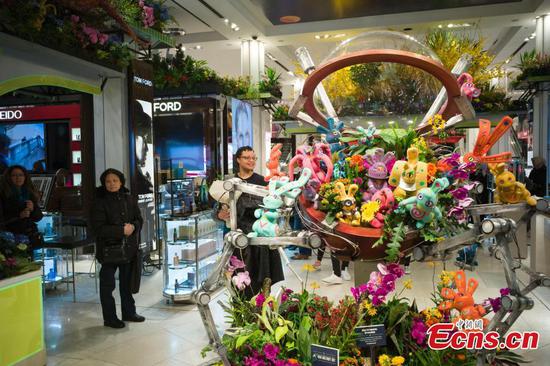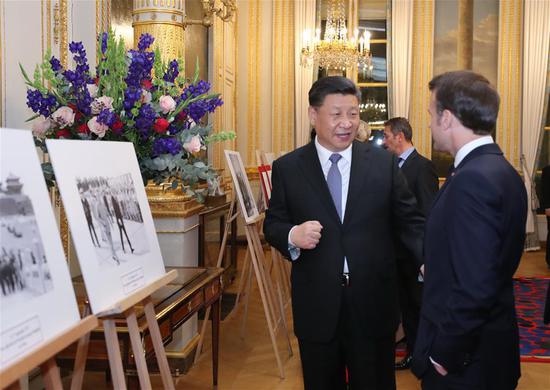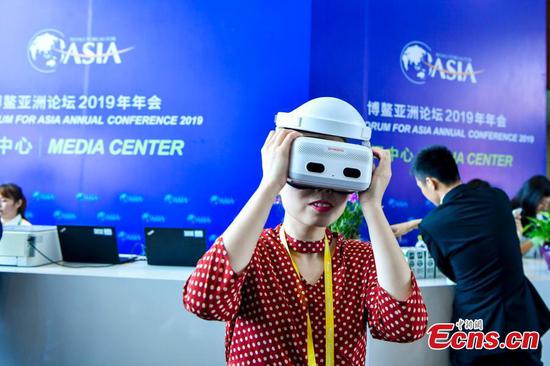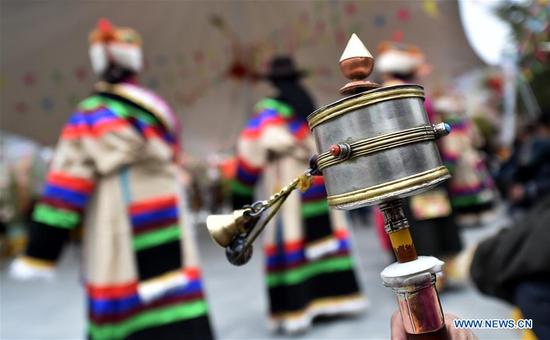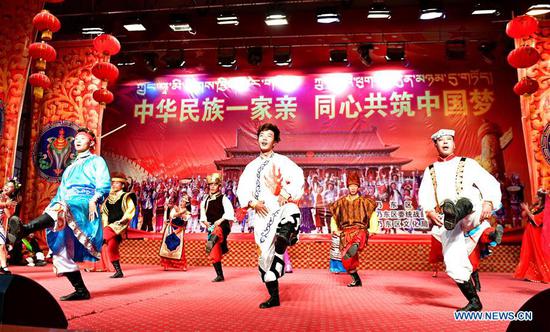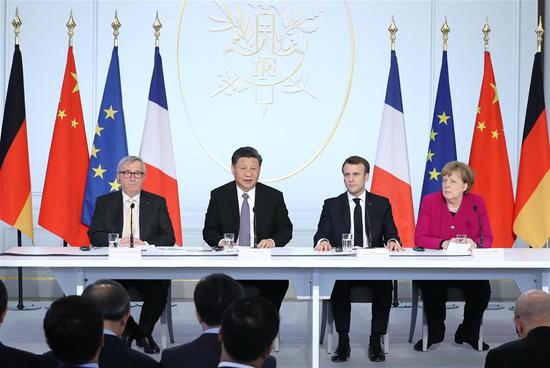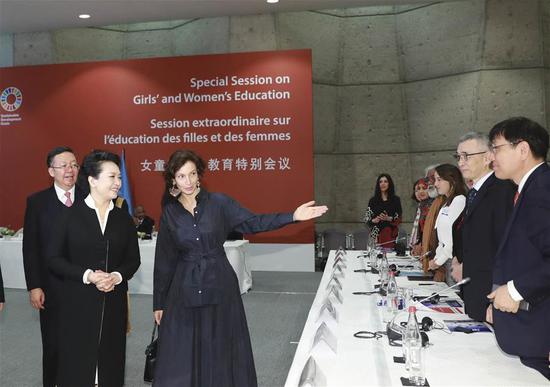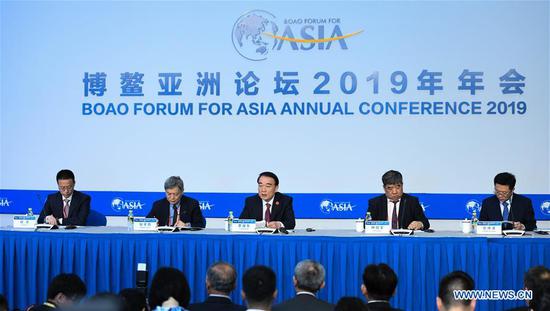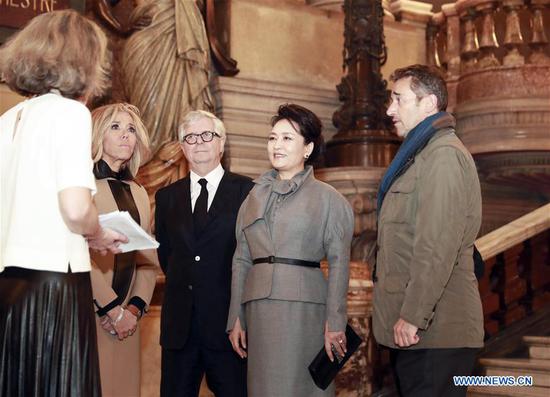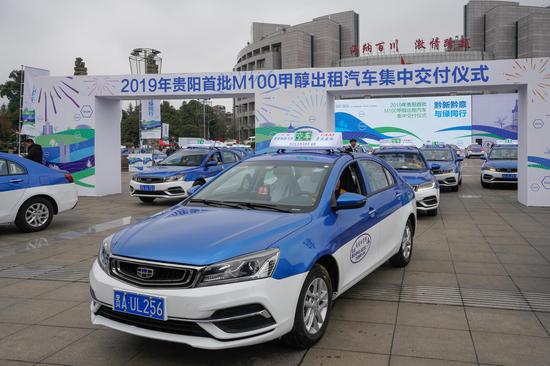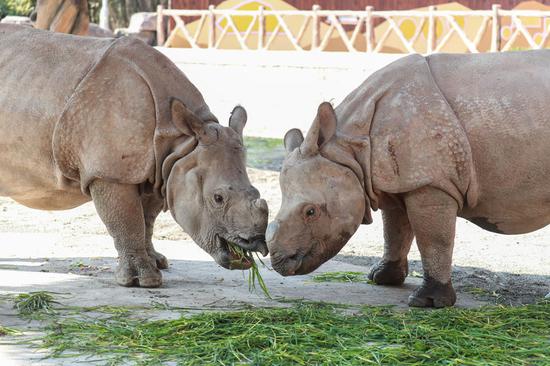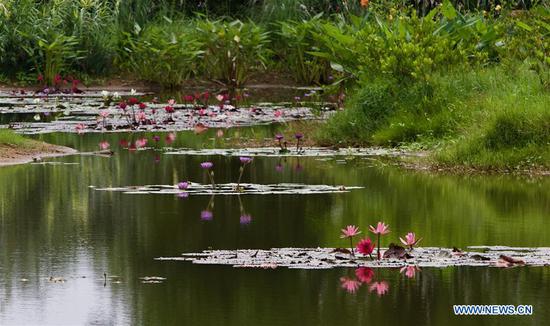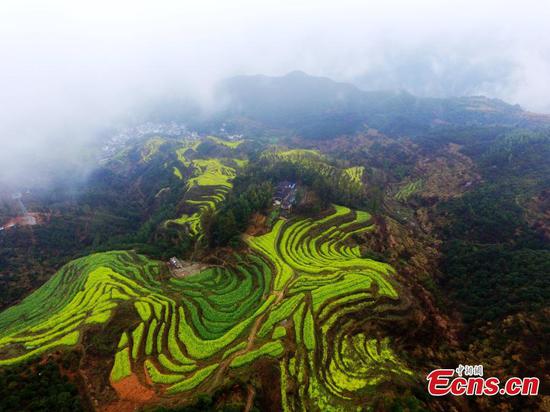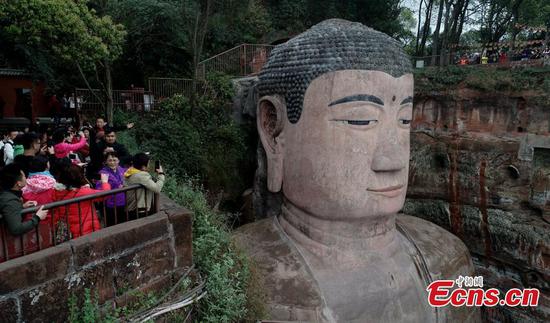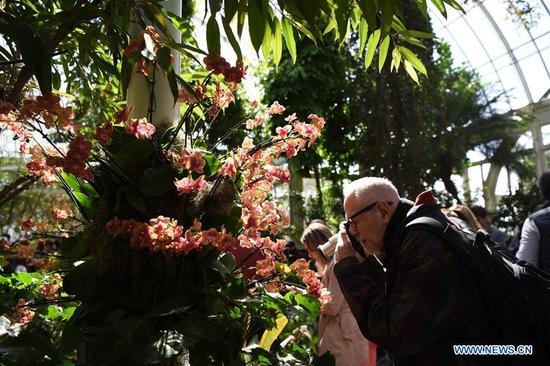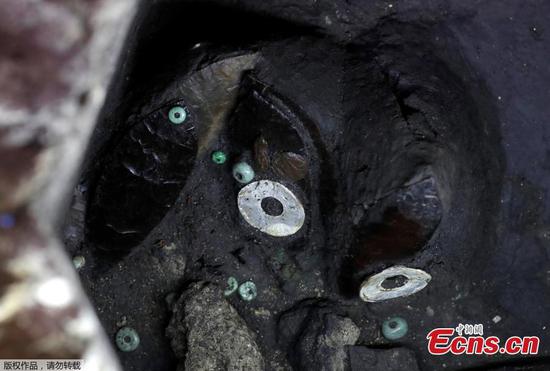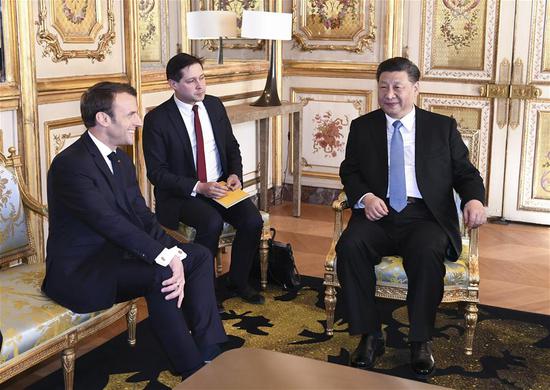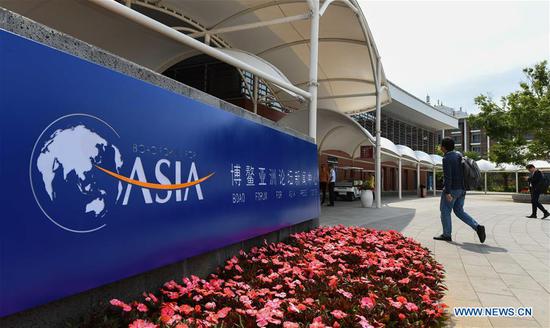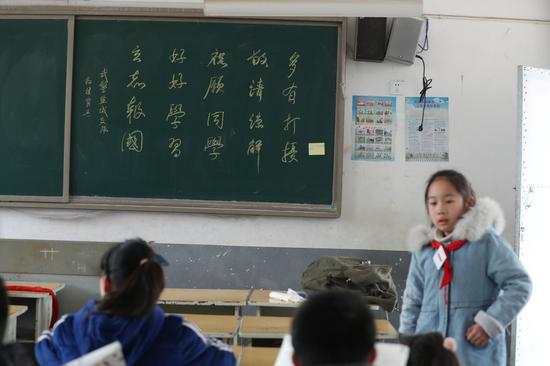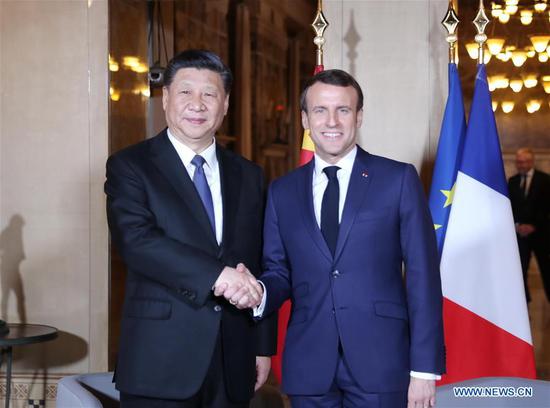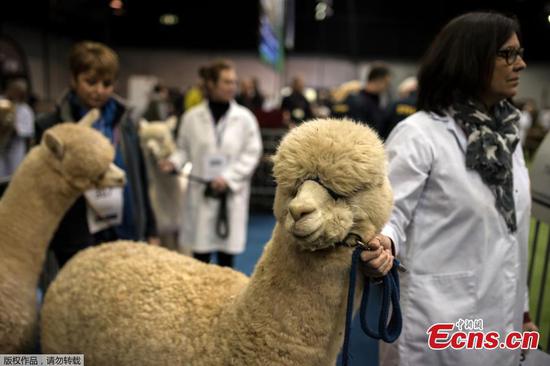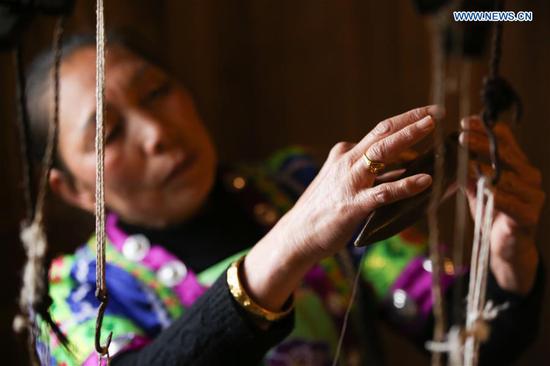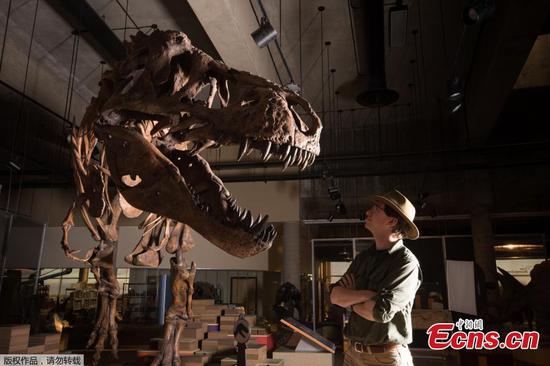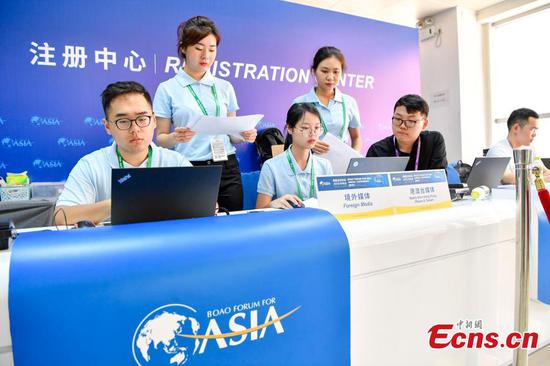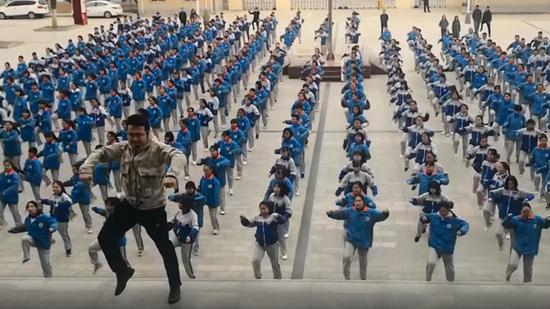China remains a major engine and a stabilizer for the global growth and has provided inspiration for the world during the past 70 years of development, delegates from around the world have said during the ongoing Boao Forum for Asia (BFA) held in China's southern island province of Hainan.
As this year marks the 70th anniversary of the founding of the People's Republic of China, Gloria Macapagal Arroyo, speaker of the House of Representatives of the Philippines and former Philippine president, said at a panel discussion of the BFA that China has made huge contributions to the world in the past 70 years, becoming one of the largest economies in the world.
Arroyo said China has proved to the world that every country can achieve success by following its own development approach that is suitable to its national conditions, and the reform and opening-up policy is the key to China's economic miracle.
China's visionary mode of development featuring openness, innovation and win-win cooperation has not only benefited itself, but has also contributed to the world economy as well, former French President Francois Hollande told a panel discussion themed "70 and 40 Years in Retrospect: China in a New Era."
Noting that China has achieved unprecedented development in the past 40 years that is unseen in human history, Hollande said one of the major reasons is that China has been constantly adjusting and redefining itself so as to keep up with the changing international landscape.
Despite weakening global growth and increasing uncertainties in the world, Asia has a promising economic prospect and is expected to become the world's largest regional cooperation block, said a BFA report released Tuesday.
Acknowledging that Asia remains the most dynamic region in the world and has great growth potentials in the future, Hiroshi Nakaso, former deputy governor of the Bank of Japan, said he is looking forward to seeing the two major powers of Asia set successful examples of bilateral economic cooperation in a third country so as to energize more cooperation.
The past several decades have also witnessed Japan's increasingly extensive engagement in China's reform and opening-up process. Nakaso said China is Japan's largest trading partner now and trade between the two countries is highly complementary.
As protectionism and unilateralism are spreading across the world, Nakaso said "we can't use protectionism to fight protectionism. Emerging economies should further improve their investment climate to make themselves more attractive to foreign capital. A case in point is China's newly-adopted foreign investment law which is a major measure to upgrade its investment environment."
Looking into the future, "the Chinese economy is still growing at a very healthy pace and at a pace that the rest of the world would be envious to have," said Chris Marlin, president of U.S. firm Lennar International.
"The Chinese consumer gets stronger every month and every year. The advances that China have made in the areas of big data, artificial intelligence and machine learning are the envy of the world in many ways. So, the Chinese economy is very productive and providing stimulus for the overall global economy," Marlin told Xinhua.
"We remain confident in the long term fundamentals of the Chinese economy," said Elizabeth Gaines, chief executive officer of Australian iron ore producer Fortescue Metals Group.
Commenting on the Belt and Road Initiative (BRI), proposed by Chinese President Xi Jinping in 2013 to boost economic growth by improving the trade and infrastructure network connecting Asia with Europe, Africa and beyond, Gaines said the BRI "represents an unprecedented investment in infrastructure led by China and extended to include many emerging economies."
"It is a very important initiative for China and will drive significant investment and demand for steel," Gaines said, stressing that as the third largest iron ore producer in Australia and a long-time partner with the BFA, Fortescue Metals Group is proud of making contribution to China's rapid industrialization and urbanization.
The BFA is a non-governmental and non-profit international organization that has been holding this annual conference since 2002. This year's BFA themed "Shared Future, Concerted Action, Common Development" has drawn over 2,000 delegates from 60 countries and regions.









